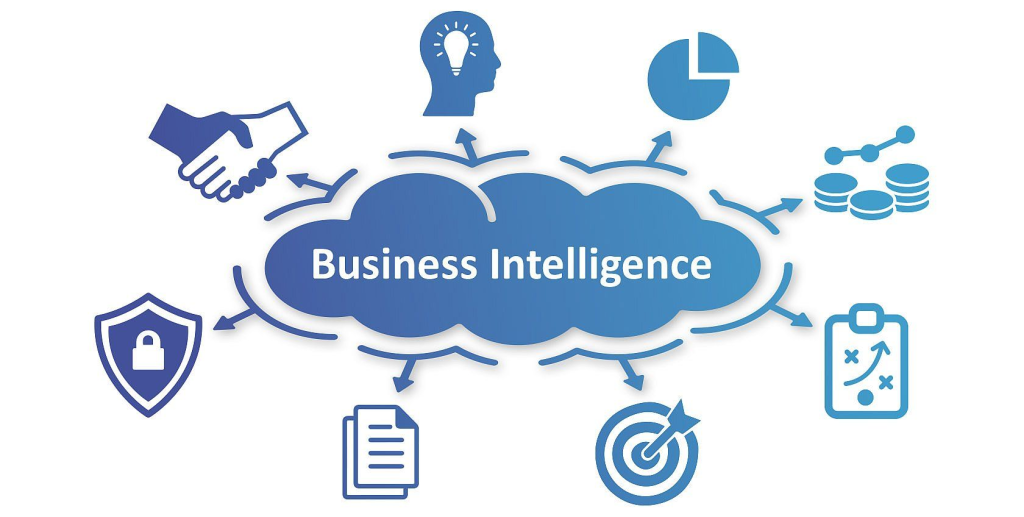Business Intelligence (BI) is a comprehensive approach to gathering, saving, considering, and accessing crucial knowledge in a organization. It involves the utilization of different pc software programs, methodologies, and systems to convert raw data in to important insights for informed decision-making. BI is really a important software for firms across industries, enabling them to uncover habits, developments, and correlations of their knowledge to drive strategic planning and detailed improvements.
One of the major goals of BI is to boost data-driven decision-making techniques by giving timely and exact data to stakeholders at all degrees of the organization. By consolidating information from numerous sources, such as for example internal sources, customer connection management systems, and external industry research, BI allows firms to get an extensive see of the procedures and industry dynamics.
Data visualization represents a pivotal role in BI, because it assists translate complex data models in to quickly understandable visible representations like maps, graphs, and dashboards. These visible products facilitate fast comprehension of data traits and designs, permitting professionals and decision-makers to spot options, problems, and potential dangers within the organization.
More over, the integration of artificial intelligence (AI) and device learning (ML) in BI has changed the way in which companies process and analyze data. AI-driven BI resources can now estimate future developments, outlook market requirements, and give useful ideas into customer behavior, enabling businesses to make hands-on decisions and remain prior to the competition.
In today’s very aggressive company landscape, BI is becoming vital for achieving functional performance, optimizing reference allocation, and enhancing over all performance. It can help businesses recognize their talents and disadvantages, streamline processes, and power industry options, ultimately ultimately causing improved production, price savings, and sustainable growth.
By permitting a data-driven culture, BI fosters openness and accountability within companies, promoting informed decision-making centered on cement evidence as Power BI to intuition or guesswork. It empowers workers at all degrees to get into relevant knowledge, analyze it, and produce educated conclusions that arrange with the company’s overall strategic objectives.

As businesses continue to amass large amounts of data, the importance of successful knowledge management and examination through robust BI methods will simply increase. Enjoying BI not just permits firms to prosper in a quickly changing market place but also roles them to adjust to changing customer choices, technological improvements, and industry disruptions, ensuring long-term success and sustainability.
